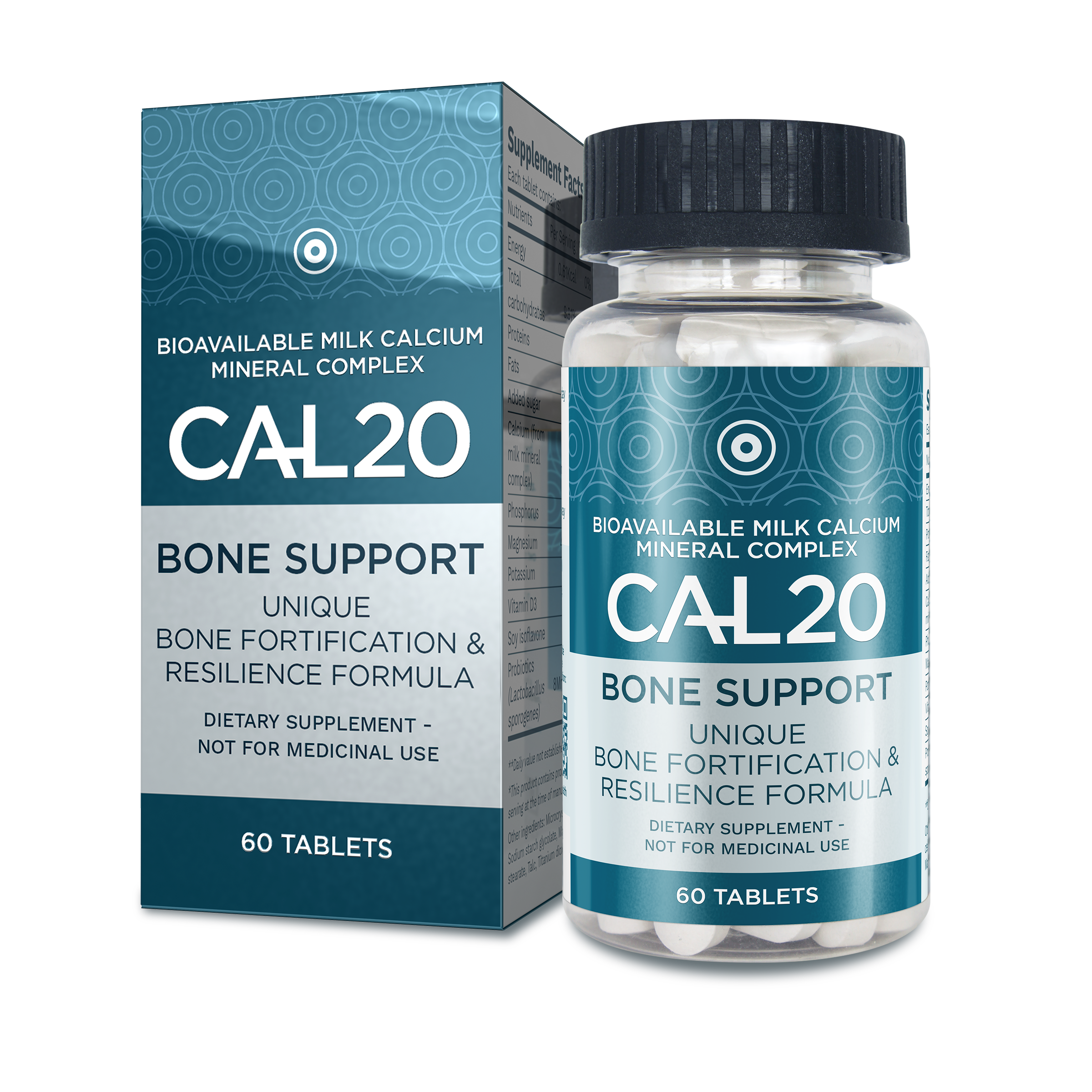“Brain imaging reveals artificial sweeteners can increase food cravings”
“Not so sweet: Chemical in common artificial sweetener found to damage DNA”
These are headlines of articles that do not surprise me. For years I have always said to everyone I know, “Sugar is bad for you, however, if you want to eat sugar, eat it in its purest form because at least your body knows how to process it.” (if you are not a diabetic). Don’t chose the “no sugar” or “Zero” options, as they are filled with chemicals that make your brain think you are eating sugar but it is not, so your body has to figure out how to eliminate it, without the tools to do so. My fears over the decades have now been proven correct by studies done over the last few years.
In 2021 researchers at the Keck School of Medicine of USC conducted a study on the effects of artificial sweeteners on the body and found that drinks containing the artificial sweetener sucralose, may increase food cravings and appetite in women and people who are obese.
More than 40% of adults in the U.S. currently use artificial sweeteners, also called a non-nutritive sweetener (NNS) as a guilt-free, calorie-free way to satisfy a sweet tooth. Kathleen Page, the study’s corresponding author and an associate professor of medicine at the Keck School of Medicine says that the findings are controversial because up till now, most studies have suggested that artificial sweeteners may be helpful, but these new studies raise concerns about whether the sweetener is a contributing factor to weight gain, especially in women and the obese and could lead to type 2 diabetes, metabolic disorders and numerous health issues.
The Study: Obesity and Sex-Related Associations With Differential Effects of Sucralose vs Sucrose on Appetite and Reward Processing: A Randomised Crossover Trial.
The study looked at different population groups to determine the reasons behind those conflicting results. In the past, studies investigating the effects of artificial sweeteners on metabolic activity or the brain were conducted in mostly male subjects, often with normal weight. This new study is one of the largest to date that investigates the effects of sucralose on brain activity and appetite responses in different segments of the population.
The study involved 74 participants comprised of an equal number of males and females, separated into three categories; healthy weight, overweight, and obese, enabling the researchers to explore potential variances among these population groups.
Over the course of three separate visits, the participants consumed 300 millilitres of three different beverages: one sweetened with sucrose (common table sugar), another sweetened with the NNS sucralose, and a control beverage consisting of water. Within the following two hours, the researchers examined three variables: the activation of specific brain regions associated with appetite and cravings in response to pictures of high-calorie foods, such as a burger or a donut, using functional magnetic resonance imaging (fMRI); the levels of glucose (blood sugar), insulin, and other metabolic hormones in the blood as well as the quantity of food consumed at a buffet provided at the conclusion of each session.
Results:
The consumption of artificial sweeteners has been found to potentially increase feelings of hunger in certain individuals.
20 minutes after consuming the drinks, the participants completed a food cue task inside an MRI machine. The task was designed to expose participants to images of different foods while measuring activity in several brain regions known to play a role in appetite. Imaging revealed heightened brain activity in regions associated with appetite and food cravings among both obese individuals and women of a normal weight after consuming drinks containing sucralose (artificial Sweetener), as compared to drinks containing sucrose (table sugar) or water.
Additionally, the study demonstrated a universal decline in levels of the hormones responsible for signalling satiety, “I feel full” following the ingestion of the sucralose-containing beverage, suggesting that artificially sweetened drinks may not effectively suppress hunger at all like a sugar drink or water does.
Female participants exhibited greater food consumption at the buffet 2 hours after consuming the sucralose-containing drink, while there was no significant difference in food intake observed among male participants.
The results shed light on the varying effects of artificial sweeteners on neural activity and behaviour and suggest that female individuals, particularly those with obesity, may exhibit heightened neural responsiveness when consuming sucralose (artificial Sweetener) compared to sucrose (table sugar). This response may deceive the brain into perceiving hunger, ultimately leading to higher calorie consumption.
Kathleen Page advised the importance of interpreting these findings cautiously, as all participants underwent an overnight fast before the study and were likely to be more hungry than usual. Page says her team’s new study is only the beginning of understanding exactly how artificial sweeteners may be influencing our brains as well as our behaviour.
Let’s Delve Further into these findings and past studies.
For the more curious who want to delve further into this article, the artificial sweetener sucralose that was used in this study is also sold under the brand name Splenda. Sucralose, a sugar substitute found in various products such as baked goods, soda, chewing gum, gelatins, and frozen dairy desserts, is approximately 600 times sweeter than sugar. According to a study conducted in 2020, Splenda emerged as the most widely preferred sugar substitute among Americans, with 51.4% of the population using it. Following Splenda in popularity was Sweet’N Low, which contains saccharin, with a usage rate of 25%.
This is not the first study to investigate the impact of artificial sweeteners on the body’s metabolic functions, A study conducted in 2017 specifically examined how sucralose affects stem cells in adipose tissue.
Remarkably, this study discovered that sucralose can disrupt the metabolic processes of fat cells, potentially leading to an elevation in fat production. Consequently, although artificial sweeteners may reduce the calorie count of certain foods, they could inadvertently contribute to the accumulation of body weight.
A follow on study in 2020 has found that consuming a widely available artificial sweeteners produces a chemical that is damaging to DNA. The findings raise concerns about whether the sweetener is a contributing factor to a number of health problems.
In the 2020 study, North Carolina State University researchers looked particularly at sucralose-6-acetate, one of the fat-soluble compounds produced when sucralose is metabolized in the body, to determine its affects particularly on DNA. They had already studied sucralose metabolism back in 2018, which is how they knew about the existence of the sucralose-6-acetate.
The 2020 study involved a set of laboratory experiments in which human blood cells were subjected to sucralose-6-acetate exposure. The researchers then analysed the cells for indications of geno-toxicity, which refers to DNA damage.
Results
Author of the study, Susan Schiffman says that they found sucralose-6-acetate to be not only geno-toxic, but also clastogenic and that it broke up the DNA in cells and directly caused DNA strand breakages.
If left un-repaired or improperly repaired by the body, damaged DNA strands can lead to cancer. Testing also showed that sucralose-6-acetate negatively affected human gut tissues. Susan Schiffman says that when they exposed sucralose and sucralose-6-acetate to gut epithelial cells – the tissue that lines your gut wall – they found that both chemicals cause ‘leaky gut.’ “A leaky gut is problematic because it means that things that would normally be flushed out of the body in faeces, instead leak out of the gut and are absorbed into the bloodstream.” said Schiffman
These findings emphasize the potential devastating health risks associated with the compounds in sucralose and certainly warrant further investigation and consideration.
The researchers also examined the genetic activity of gut cells to see how they were affected by the presence of sucralose-6-acetate.
“We found that gut cells exposed to sucralose-6-acetate had increased activity in genes related to oxidative stress, inflammation and carcinogenicity,” Schiffman said.
Definitions:
Oxidative stress Oxidative stress arises when an excess of unstable molecules known as free radicals accumulates within the body, while the presence of antioxidants is insufficient to neutralize them. This condition has the potential to harm fatty tissues, DNA, and proteins, thereby increasing the risk of various diseases including diabetes, atherosclerosis (hardening of the blood vessels), hypertension, heart disease, and cancer.
Inflammation is associated with cardiovascular disease, inflammatory bowel disease, asthma, depression and auto-immune diseases such as rheumatoid arthritis.
Carcinogenicity refers to the ability of a chemical substance or mixture of substances to cause cancer or increase its incidence.
Of concern to the researchers was that off-the-shelf sucralose contained trace amounts of sucralose-6-acetate.
“To put this in context, the European Food Safety Authority has a threshold of toxicological concern for all genotoxic substances of 0.15 micrograms per person per day,” Schiffman said. “Our work suggests that the trace amounts of sucralose-6-acetate in a single, daily sucralose-sweetened drink exceed that threshold. And that’s not even accounting for the amount of sucralose-6-acetate produced as metabolites after people consume sucralose.”
In the United States, the utilisation of sweeteners, including sucralose, is regulated by the Food and Drug Administration (FDA). By legal requirement, similar to other food additives, sweeteners must undergo safety evaluations before being permitted for use in food and beverages. The FDA recommends an acceptable daily intake of sucralose at 5 mg per kilogram (2.2 lb) of body weight. Therefore, for a person weighing 150 lbs (68 kg), a daily intake of 340 mg is considered safe. A single packet of Splenda contains 12 mg of sucralose. The FDA’s website states that they continuously monitor the most recent scientific research on sweeteners to ensure their safe usage. If you do the math, these numbers do not add up to equal safety in my book.
Sucralose has also been deemed safe by other food safety regulatory bodies, including the Joint FAO/WHO Expert Committee Report on Food Additives, the Health Protection Branch of Health and Welfare Canada, and Food Standards Australia New Zealand.
The researchers say their study’s findings are a general warning to regulators and the public.
“This work raises a host of concerns about the potential health effects associated with sucralose and its metabolites,” Schiffman said. “It’s time to revisit the safety and regulatory status of sucralose, because the evidence is mounting that it carries significant risks. If nothing else, I encourage people to avoid products containing sucralose. It’s something you should not be eating.”
Conclusion
The findings presented in this article shed light on the potential negative effects of artificial sweeteners, particularly sucralose, on our health. The study revealed that sucralose-containing drinks can increase food cravings and appetite, especially in women and individuals who are obese. Moreover, the research demonstrated that sucralose can disrupt metabolic processes in fat cells, potentially leading to an increase in fat production and weight gain. Additionally, a chemical compound produced when sucralose is metabolised, known as sucralose-6-acetate, was found to be genotoxic and capable of causing DNA damage, inflammation, and leaky gut. These findings raise significant concerns about the safety and regulatory status of sucralose and call for further investigation into its potential risks. Ultimately, it is advisable to avoid products containing artificial sweeteners like sucralose in order to prioritize our health and well-being.
Sources:
Keck School of Medicine of USC Obesity and Sex-Related Associations With Differential Effects of Sucralose vs Sucrose on Appetite and Reward Processing: A Randomized Crossover Trial – Alexandra G. Yunker, BA1,2; Jasmin M. Alves, PhD1,2; Shan Luo, PhD1,2,3; et alBrendan Angelo, MS1,2; Alexis DeFendis, BA1,2; Trevor A. Pickering, PhD4; John R. Monterosso, PhD3; Kathleen A. Page, MD1,2
Toxicological and pharmacokinetic properties of sucralose-6-acetate and its parent sucralose. Susan S. Schiffman, Elizabeth H. Scholl, Terrence S. Furey, H. Troy Nagle.
Not so sweet: Chemical in common artificial sweetener found to damage DNA By Paul McClure
Sugar-Sweetened and Artificially-Sweetened Beverages in Relation to Obesity Risk Pereira et al., Advances in Nutrition, 2014
Hummingbird Sweetness Preferences: Taste or Viscosity? Stromberg et al., The Condor, 1990
Finding the Sweet Spot: Measurement, Modification, and Application of Sweet Hedonics in Humans Eunjin Cheon et al., Advances in Nutrition, 2021
Effects of Sweeteners on the Gut Microbiota: A Review of Experimental Studies and Clinical Trials Ruiz-Ojeda et al., Advances in Nutrition, 2019




